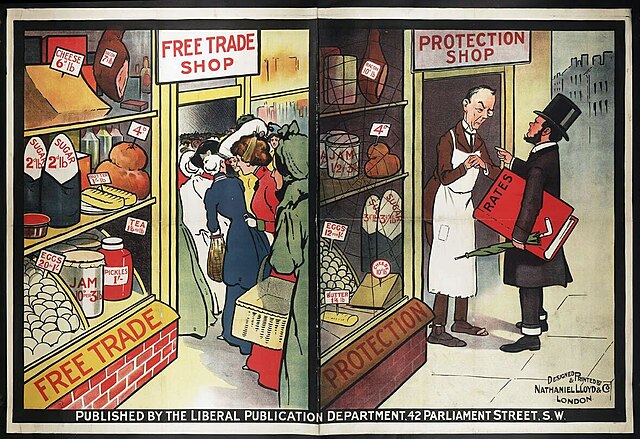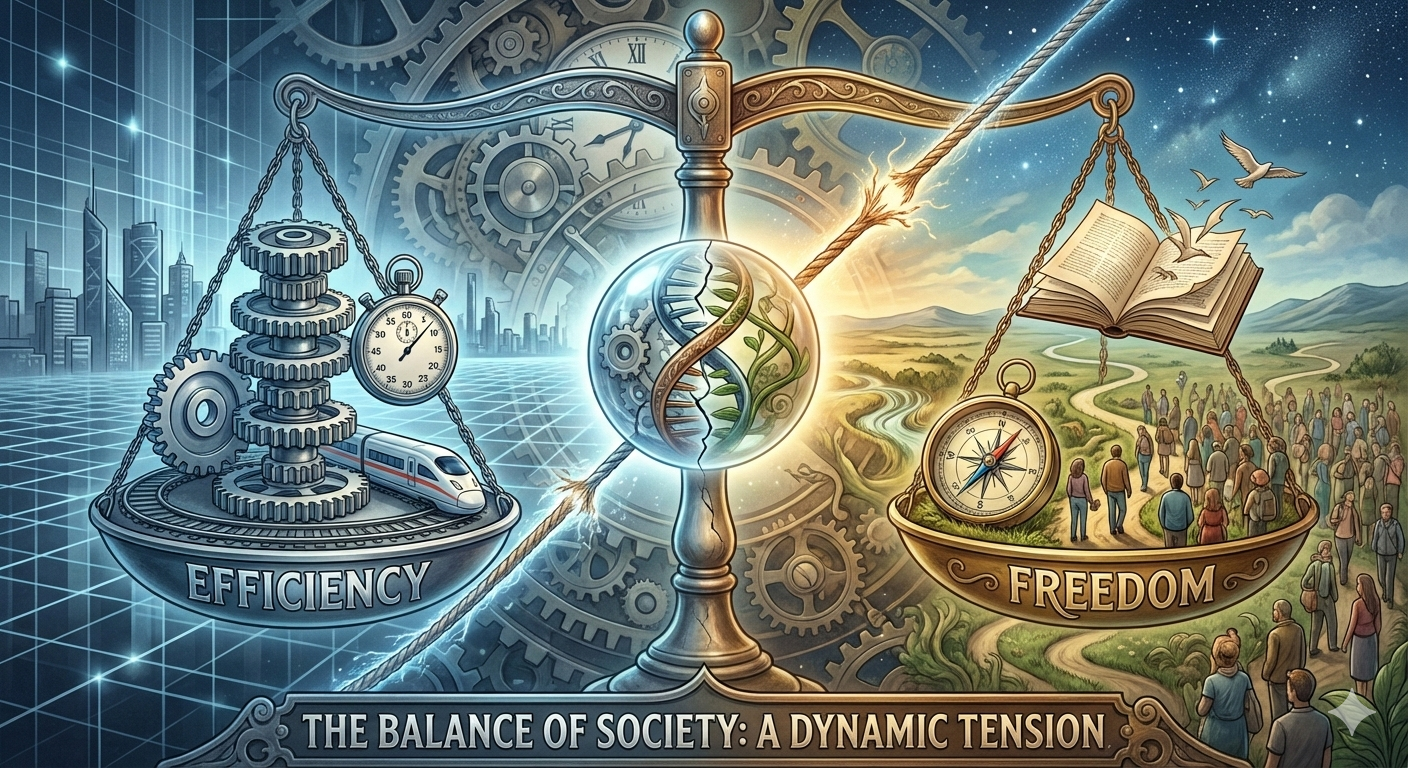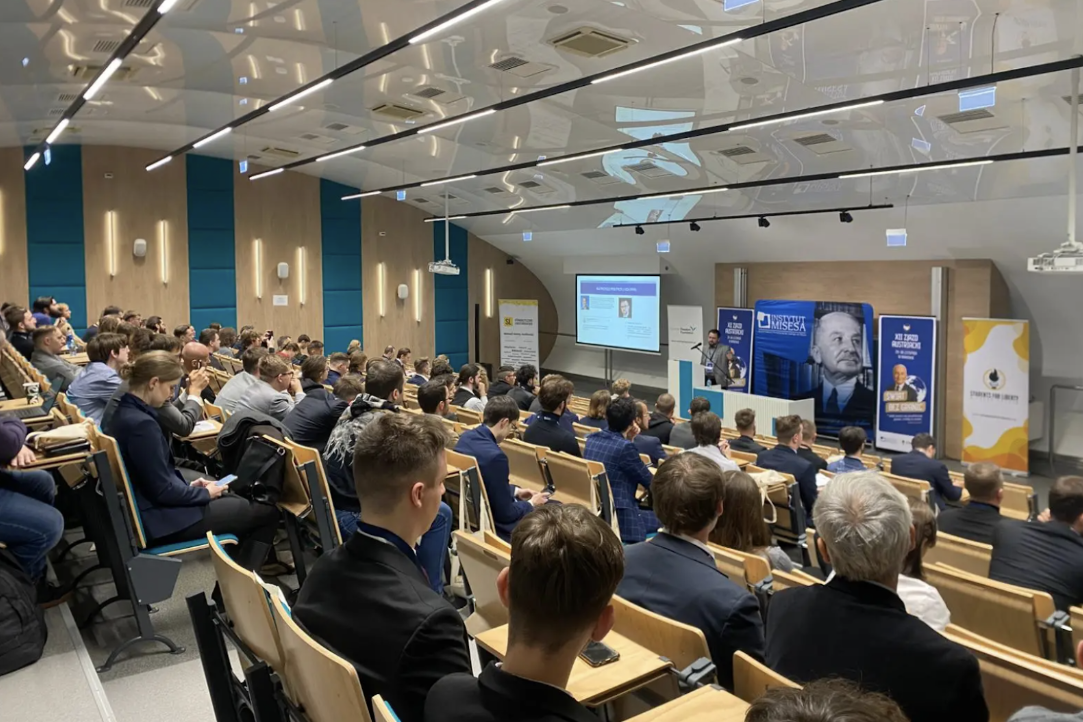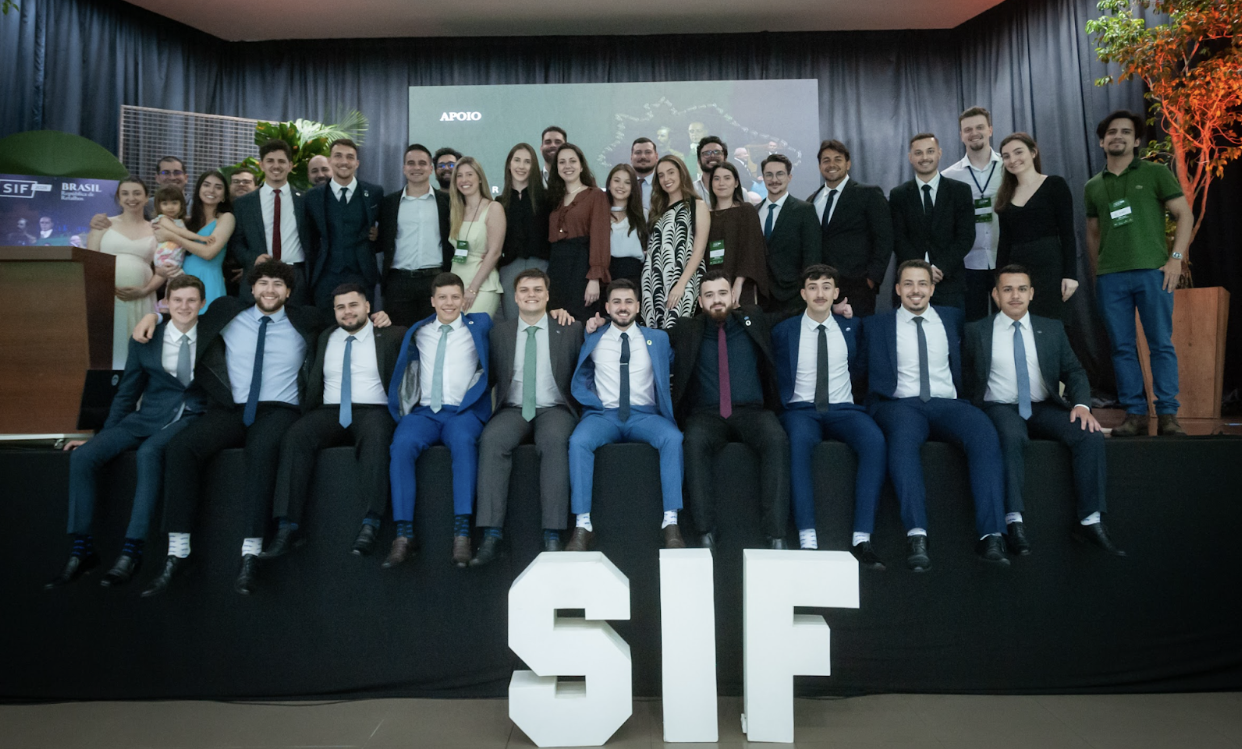Image citation: By Liberal Publication Department, licensed under Wikimedia Commons
From Frederick Bastiat ‘S economic sophisms.
This is the most common and the most deceptive of all fallacies.
Real suffering is taking place in England.
It comes in the train of two other events:
The tariff reform
Two bad harvests in succession
To which of these last two circumstances is the first to be attributed?
The protectionists have not failed to cry out: “It is this accursed free trade that is causing all the trouble. It promised us no end of blessings, we accepted it, and here the factories have closed, and the people are suffering: Cum hoc, ergo propter hoc.” Free trade distributes in the most uniform and equitable manner the fruits that Providence grants to the labor of man. If some of these fruits are destroyed by a
natural disaster, free trade nonetheless ensures the fair distribution of what remains.
Men are, no doubt, less well supplied; but should the blame be laid on free trade, or on the natural disaster?
Free trade acts on the same principle as insurance. When a disaster occurs, insurance spreads over a great number of men and a great many years losses that, in its absence, would have had to be borne by one individual all at one time. Now, is one ever justified in saying that fire is no longer a calamity since the introduction of insurance? In 1842, 1843, and 1844, England began reducing her tariffs. At the same time, her harvests were very abundant; and it is reasonable to conclude that these two circumstances contributed to the unprecedented prosperity that the country enjoyed during this period.
In 1845, the harvest was poor; in 1846, poorer still. As the price of food rose, the people had to spend more of their available resources just to feed themselves, and had to limit their consumption of other commodities accordingly. Clothing was less in demand, factories were not so busy, and wages showed a tendency to decline.
Fortunately, in that same year, the tariff barriers were lowered again, and an enormous quantity of food was able to enter the English market. Otherwise it is almost certain that a frightful revolution would have broken out in Great Britain at that time.
And yet free trade is blamed for disasters that it forestalled and at least partly redressed!
A poor leper was living in solitude. No one wanted to touch anything he had touched. Reduced to providing entirely for himself, he dragged out a miserable existence. One day a great doctor cured him. Now our recluse was able to enjoy all the benefits of free trade. What a beautiful future was opening up before him! He entertained himself by imagining the excellent use which, thanks to his relations with other men, he would now be able to make of his physical strength. But then he had the misfortune to
break both his arms. Alas! Now his lot was more dreadful. The journalists of this country, witnessing his misery, said, “Look at what free trade has reduced him to! Really, he was less to be pitied when he lived as a recluse.”
“Come now,” replied the doctor, “do you take no account of his two broken arms? Have they nothing to do with his sorry plight? His misfortune comes from having lost the use of his arms, and not at all from being cured of leprosy. He would be much more pitiable if he had the use of but one arm and were leprous into the bargain.”
Post hoc, ergo propter hoc; put no faith in that sophism.
Compiler’s Note:
Present times portray the old rhetoric about how countries are continuing to impose tariffs which limits the freedom to trade internationally among each other. This disallows one to see the benefits of free trade and provides a leeway for the government to adopt protectionist alternatives. As Trenchard rightly asserted, “a free trade, a free government, and a free liberty of conscience, are the rights and blessings of mankind” (1995: 653)
*Latin, “after this; therefore, on account of it.”—TRANSLATOR.]
[Taken from Le Libre échange, December 6, 1846.—EDITOR.]







